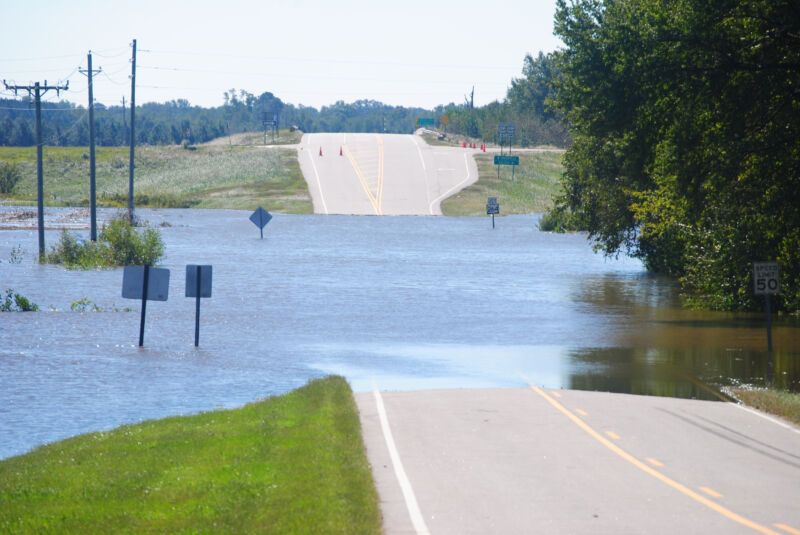Rising seas will cut off many properties before they’re flooded
Ars Technica » Scientific Method 2023-03-25

Enlarge / If this road is your only route to the outside world, it might not matter that your house didn't flood. (credit: Maurice Alcorn / EyeEm)
Climate change produces lots of risks that are difficult to predict. While it will make some events—heatwaves, droughts, extreme storms, etc.—more probable, all of those events depend heavily on year-to-year variation in the weather. So, while the odds may go up, it's impossible to know when one of these events will strike a given location.
In contrast, sea level rise seems far simpler. While there's still uncertainty about just how quickly ocean levels will rise, other aspects seem pretty predictable. Given a predicted rate of sea level rise, it's easy to tell when a site will start ending up underwater. And that sort of analysis has been done for various regions.
But having a property above water won't be much good if flooding nearby means you can't get to a hospital or grocery store when you need to or lose access to electricity or other services. It's entirely possible for rising seas to leave a property high, dry, but uninhabitable as rising seas cut connections to essential services. A group of researchers has analyzed the risk of isolation driven by sea level rise, and shows it's a major contributor to the future risks the US faces.